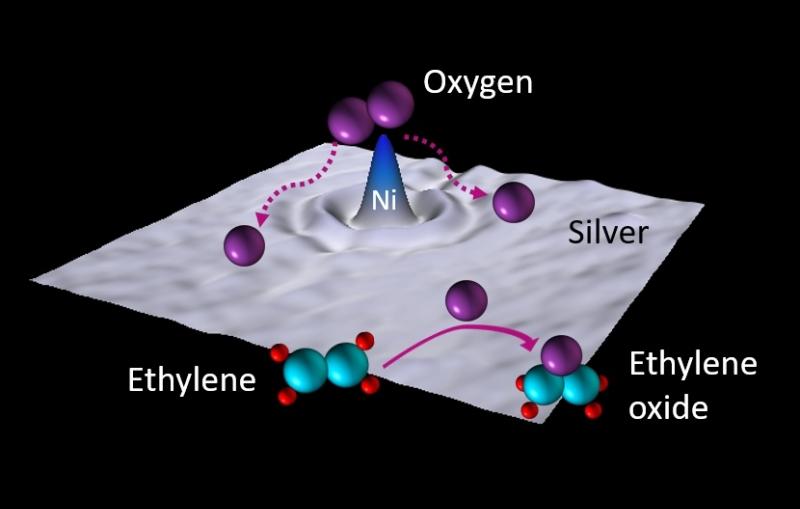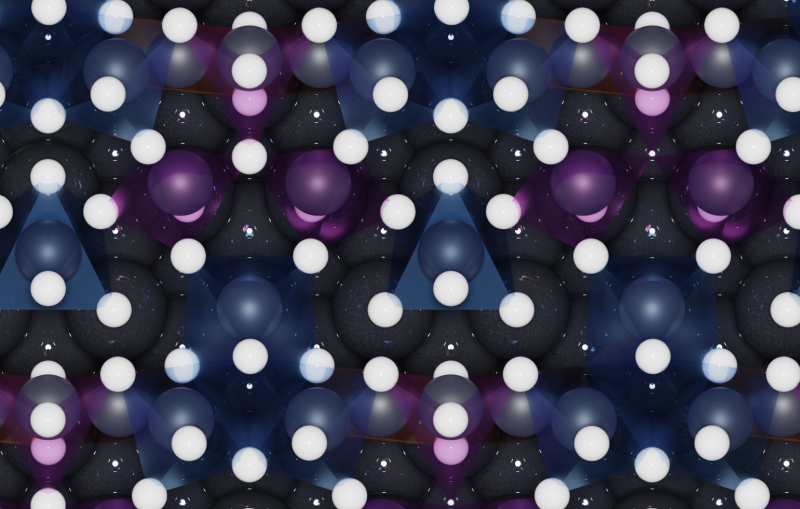An associate scientist at SSRL, Richardson studies plant growth to find ways to enhance nutrient uptake in plants, especially in challenging conditions – such as higher temperatures, drought, and intense precipitation events – brought about by climate change.



